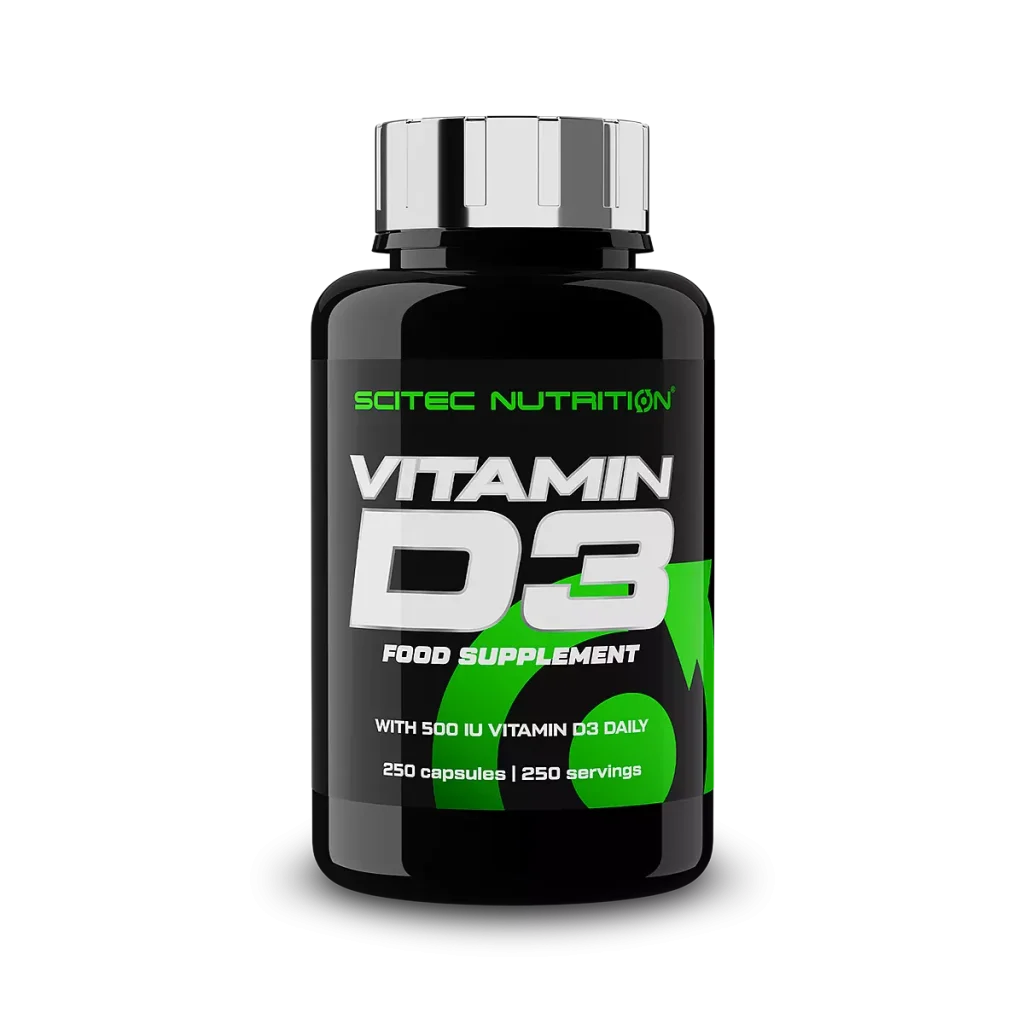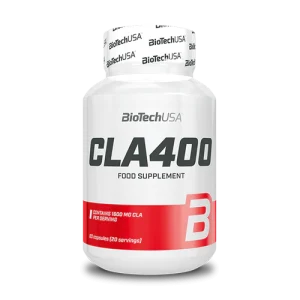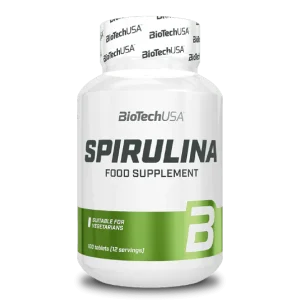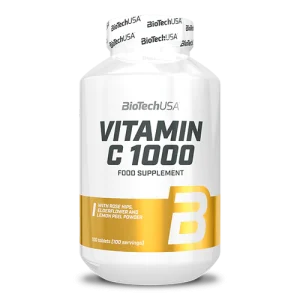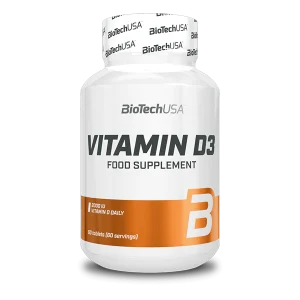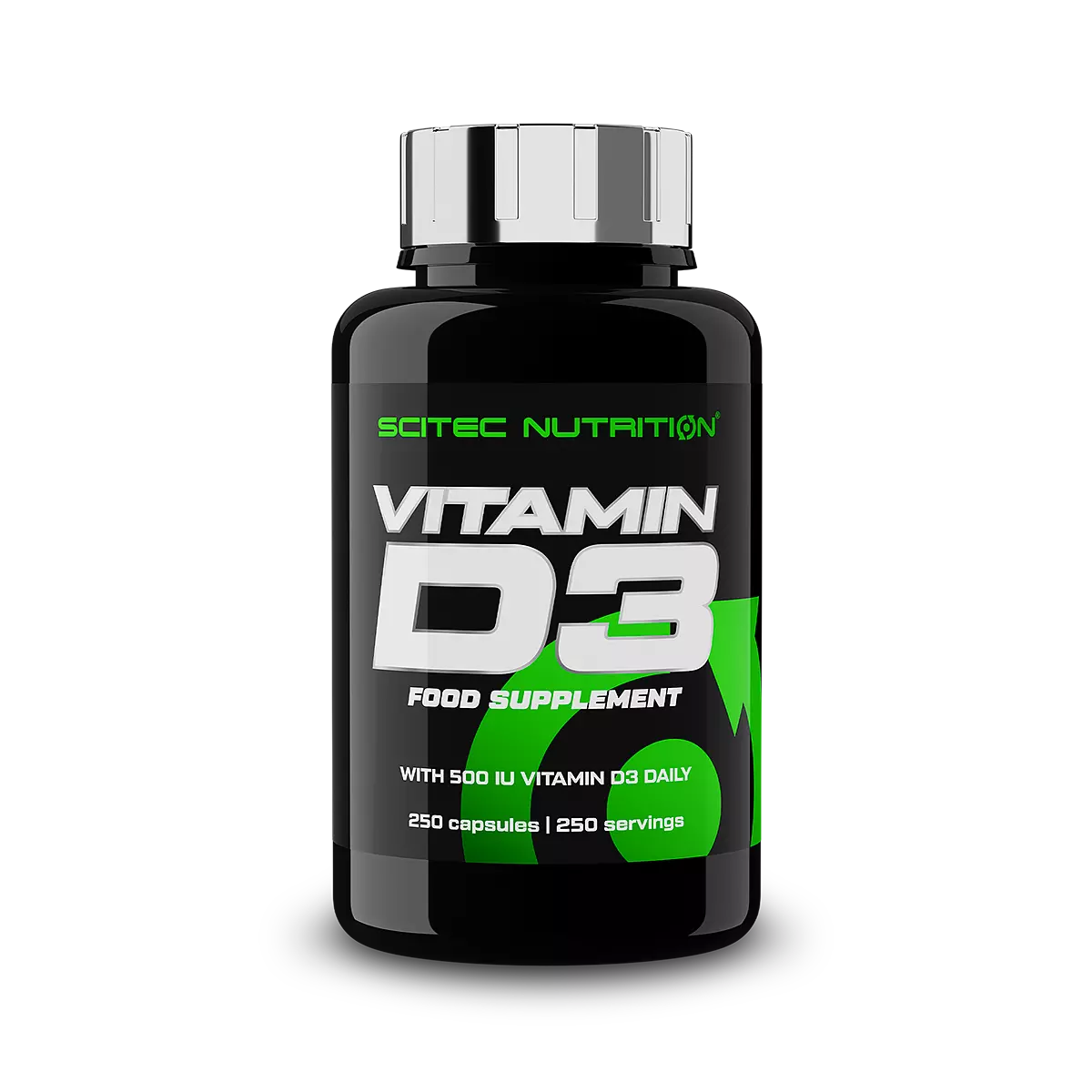
Scitec Nutrition
Scitec Nutrition is a European company that specializes in the development and manufacturing of sports nutrition supplements. Here are some general points about Scitec Nutrition:
- Company Background:
- Scitec Nutrition is a Hungarian company that was founded in 1996. It has since become one of the leading brands in the sports nutrition industry.
- Product Range:
- Scitec Nutrition offers a wide range of sports supplements, including protein powders, pre-workout formulas, amino acids, weight gainers, vitamins, and other nutritional products. Their products are designed to support various fitness goals, such as muscle building, recovery, and overall performance enhancement.
- Quality Control:
- The company emphasizes the importance of quality control and uses advanced manufacturing processes to ensure the purity and effectiveness of their products. They often highlight the use of high-quality ingredients in their formulations.
- International Presence:
- While based in Hungary, Scitec Nutrition has a global presence, distributing its products to numerous countries. It is known for having a strong presence in the European sports nutrition market.
- Customer Reviews and Reputation:
- Like any company, Scitec Nutrition’s reputation can be assessed through customer reviews and feedback. Positive reviews often highlight the effectiveness of their products, while negative reviews may address issues such as taste preferences or individual reactions.
It’s important to note that for the most current and detailed information about Scitec Nutrition, I recommend checking their official website or contacting them directly.
What Is a Vitamin?
Vitamins are organic compounds that are essential for the normal functioning of the human body. These are micronutrients, meaning they are required by the body in relatively small amounts but are crucial for various physiological processes. Unlike macronutrients (such as carbohydrates, proteins, and fats), the body cannot produce vitamins in sufficient quantities, so they must be obtained through the diet.
Vitamins play a vital role in a wide range of biological functions, including metabolism, immune system function, and maintaining the health of tissues and organs. Each vitamin has specific functions, and a deficiency or excess of any particular vitamin can lead to various health issues.
There are two main types of vitamins:
- Fat-Soluble Vitamins: These vitamins dissolve in fat and are stored in the body’s fatty tissues. They include:
- Water-Soluble Vitamins: These vitamins dissolve in water and are not stored in the body to the same extent as fat-soluble vitamins. They include:
- Vitamin C (ascorbic acid)
- B-vitamins (B1, B2, B3, B5, B6, B7, B9, B12)
It’s important to maintain a balanced diet that includes a variety of foods to ensure an adequate intake of vitamins. While vitamin supplements can be beneficial in cases of deficiencies or certain health conditions, they should be used under the guidance of healthcare professionals, as excessive intake of certain vitamins can lead to toxicity.
Advantages and Disadvantages of Taking Vitamin D3
Vitamin D3, also known as cholecalciferol, is an essential nutrient that plays a crucial role in various bodily functions. Here are some advantages and disadvantages of taking Vitamin D3:
Advantages:
- Bone Health:
- Vitamin D is essential for the absorption of calcium and phosphorus, which are crucial for maintaining strong and healthy bones. It helps prevent conditions like osteoporosis and rickets.
- Immune System Support:
- There is evidence suggesting that adequate levels of Vitamin D may help support the immune system, reducing the risk of infections and chronic diseases.
- Mood Regulation:
- Some studies suggest that Vitamin D may have a role in regulating mood and preventing conditions like seasonal affective disorder (SAD). It may contribute to mental well-being.
- Cardiovascular Health:
- There is ongoing research exploring the potential links between Vitamin D deficiency and cardiovascular diseases. Some studies suggest that maintaining optimal levels of Vitamin D may have a positive impact on heart health.
- Muscle Function:
- Adequate Vitamin D levels are important for maintaining proper muscle function and reducing the risk of falls, especially in the elderly.
- Cancer Prevention:
- Some studies suggest that Vitamin D may play a role in reducing the risk of certain cancers, including breast, prostate, and colorectal cancers. However, the evidence is not conclusive.
Disadvantages:
- Toxicity Risk:
- While Vitamin D is essential, excessive intake can lead to toxicity, causing symptoms like nausea, vomiting, weakness, and even serious complications. It’s important not to exceed recommended daily doses.
- Interactions with Medications:
- Vitamin D supplements can interact with certain medications, including corticosteroids, weight-loss drugs, and some anticonvulsants. Consult with a healthcare professional if you are taking medications.
- Hypercalcemia:
- Excessive Vitamin D intake can lead to elevated levels of calcium in the blood (hypercalcemia), which can cause kidney stones, nausea, and other complications.
- Limited Dietary Sources:
- While Vitamin D can be obtained from sunlight exposure, it is found in limited amounts in food. This makes it challenging for some individuals, especially those with limited sun exposure, to obtain sufficient Vitamin D through diet alone.
- Varied Response to Supplementation:
- Individuals may respond differently to Vitamin D supplementation. Factors such as age, genetics, and overall health can influence how the body absorbs and utilizes Vitamin D.
- Potential for Misuse:
- Some individuals may self-prescribe Vitamin D supplements without proper assessment of their levels, potentially leading to unnecessary supplementation and associated risks.
Before starting any supplementation regimen, it’s crucial to consult with a healthcare professional to determine the appropriate dosage based on individual needs and health status. Regular monitoring of Vitamin D levels is also recommended to avoid potential complications.
Ingredients
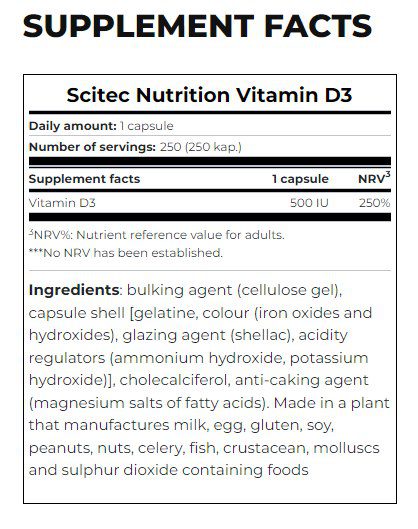
Vitamin D – Vitamin D2, a.k.a Ergocalciferol and Vitamin D3, a.k.a Cholecalciferol
Vitamin D is also known as the “sunshine vitamin.” This nickname stems from the fact that the body can produce vitamin D when the skin is exposed to sunlight. There are two primary forms of vitamin D:
- Vitamin D2 (Ergocalciferol):
- Found in some plant-based foods and fungi.
- Vitamin D3 (Cholecalciferol):
- Synthesized in the skin when exposed to sunlight and also found in certain animal-based foods.
Vitamin D is essential for various bodily functions, including the regulation of calcium and phosphorus absorption, maintenance of bone health, and modulation of the immune system. It plays a crucial role in preventing conditions like rickets in children and osteoporosis in adults.
While sunlight exposure is a natural source of vitamin D, dietary sources and supplements are also important, especially in individuals with limited sun exposure or specific health conditions.
For more detailed information on Vitamin D, please click here.
Available Forms
Vitamin D3 by Scitec Nutrition is available in one size only: a small bottle with 250 capsules/250 servings.
